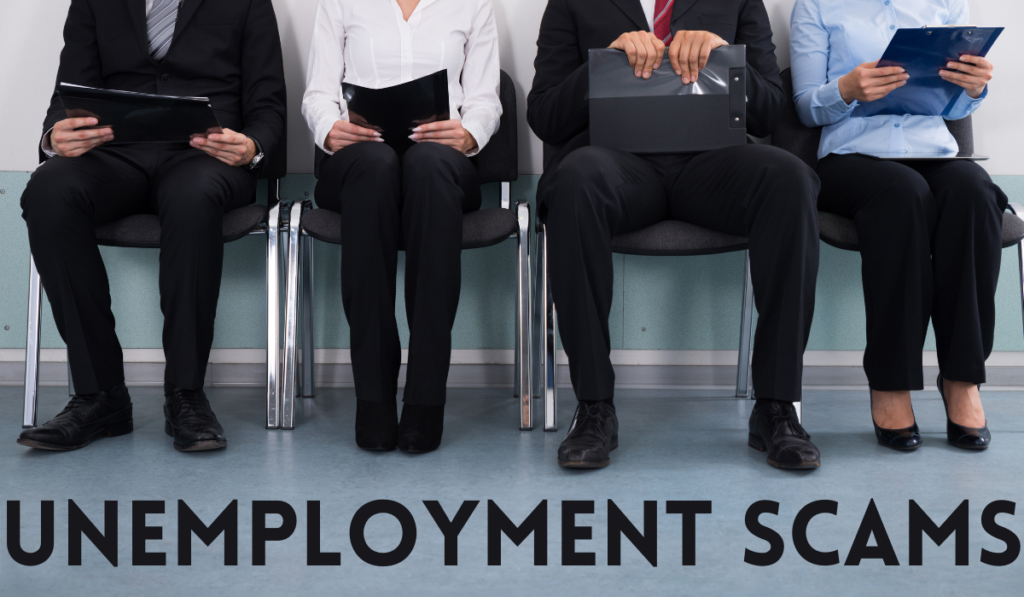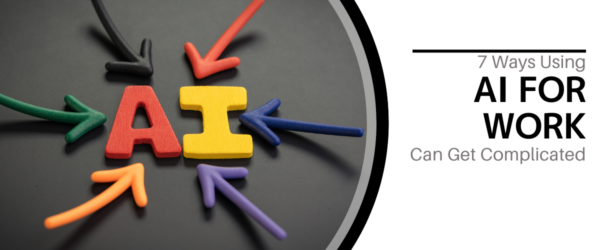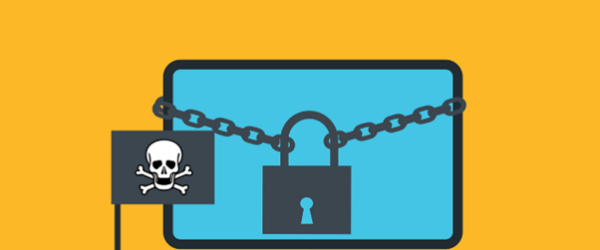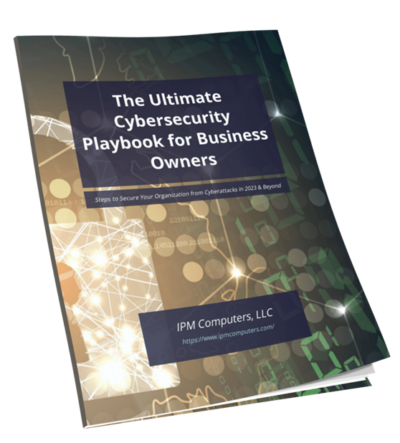Is that normal?
Should that happen like that?
I guess so. I don’t really know. I mean, it seems ok??
And as with all things related to COVID-19, there’s an air of uncertainty that hasn’t left the planet in nearly a year. So, we’re all a little uncertain. We’re all a little confused about what is actually ok or normal. It’s all new.
You may have lost your job before. You are familiar with the process of applying for aid in the form of unemployment. But now we have stimulus checks in the mix. So regardless of whether you think those stimulus dollars are enough, too much, or too little, the fact remains that there is a lot more money up for grabs than there was in previous years. That makes for a ripe picking ground for cybercriminals to come after. And with unemployment coverage and options now available to the self-employed, freelancers, contract workers, or those who work part-time, that picking ground is larger than ever.
With claims that can be up and around $20,000, the payday for their crime is worth the work – and unfortunately, with relaxed security measures and a rush to aid, hackers have found that there are few challenges in achieving success.
The attacks are accounting for 35-40% of new UE claims, and are coming from foreign crime rings. How do they do it? By stealing your identity. This can happen when victims fall prey to alerts that they have won a prize or have been approved for stimulus benefits. They click the link or login to a site to provide all of the information needed by hackers. Congratulations! You’ve just had your identity stolen! That data breach you were a part of years ago? Your information is still out there, and some wait years to use it. This has provided a perfect opportunity and is yet another reminder of why you need to stay on top of your cybersecurity practices by being safe and diligent.
How You Can Stay Safe
There are some ways that you can be on top of cybercrime against your identity.
- Do not pay to file for unemployment – ever. No fee will ever be in place.
- Watch your credit report regularly.
- Always report fraud or suspected fraud. This may come in many forms, but one is where benefits have been issued to you that you haven’t applied for.
- You will NOT win any type of pandemic relief. If it is available to one, it is available for free via a secure government site.
Government agencies are now taking stronger measures to prevent the loss of aid to hackers and requiring more verification that requires proof of needing the benefits as well as proving you are who you say you are. The downside of this is that verification in the process can slow down the distribution. This can lead to frustration of all sorts, but in the end, these are measures that are in place to ensure your safety.
The post Unemployment Scams appeared first on Breach Secure Now!.





